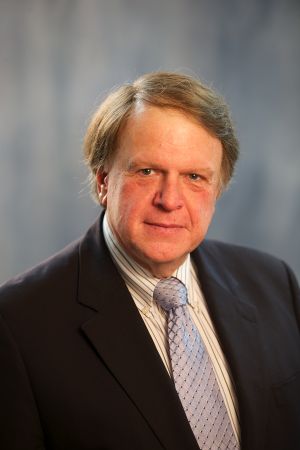John S. Baras
Biography
Recognized worldwide as a visionary leader of systems engineering, John S. Baras’ development, commercialization, and advancement of Internet-over-satellite (IoS) systems created a new industry that is bringing fast Internet services to tens of millions of people who may otherwise not have access. During the 1990s, the commercial use of satellites was limited to broadcast television applications. However, Baras envisioned a system in which direct broadcast satellites could utilize small satellite dishes to deliver Internet service and customers could send information to the Internet using ordinary telephone modems. The result was the first-ever fast asymmetric IoS system. While it was believed that IoS would never be a viable product, Baras provided the technical breakthrough of modifying transmission control protocol (TCP) to overcome its natural failure in the presence of physical delay by incorporating connection splitting, address spoofing, and selective acknowledgement to inform the TCP protocol that a delay in receiving a request at the receiver end was due to the satellite’s physical path delay and not congestion. Working with Hughes Network Systems, Baras commercialized IoS to provide inexpensive high-speed Internet connectivity even to rural and undeveloped areas, and it has greatly impacted applications including telemedicine, disaster relief, and ship communications. Baras also provided innovations for secure operation of IoS, such as layered encryption security, which has become an international standard. As founding director of the University of Maryland’s Institute for Systems Research (ISR), Baras has championed the development of model-based systems engineering (MBSE) with a foundational framework that has been successfully applied to industrial applications. He has demonstrated MBSE methodologies to be essential for addressing challenges in software-intensive systems; modular product development in the automotive, aerospace, and energy industries; cyber-physical systems; and smart manufacturing.
An IEEE Life Fellow and fellow of the U.S. National Academy of Inventors, Baras is a professor at the University of Maryland, College Park, MD, USA.
